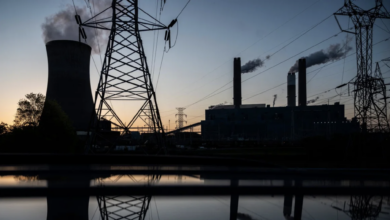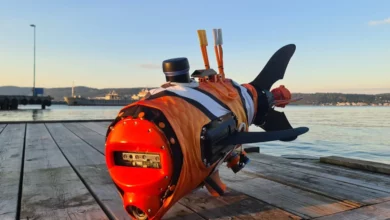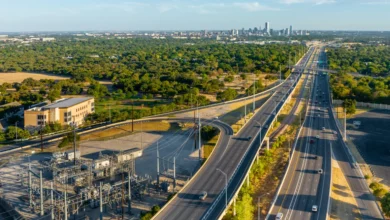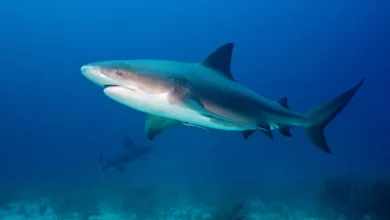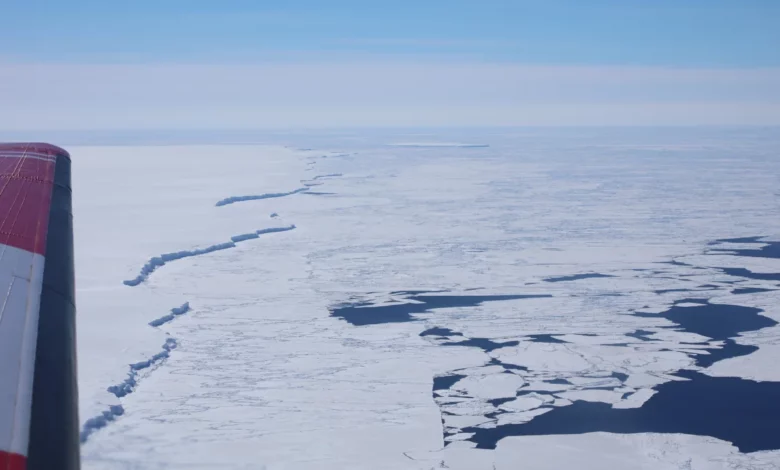
The findings come less than a week after scientists reported rapid melting of West Antarctica’s ice shelves may now be unavoidable, thanks to human-caused global warming. Together, these and other recent studies paint a dire picture of a melting southern continent that poses extreme risk of life-altering sea level rise around the world.
“This paper shows that it’s not only bad, but it’s even worse than we thought,” said Jamin Greenbaum, co-author of the study and assistant research geophysicist at the University of California San Diego’s Scripps Institution of Oceanography.
The study, published Friday in the journal Science Advances, focused on the Denman and Scott glaciers in East Antarctica that together hold enough ice to trigger roughly five feet of sea level rise.
Previous studies have shown that as glaciers melt, the water flows underneath them and out to sea – a process that enhances glacial melting and ice loss. Friday’s study factored that feedback into simulations to see how much it could accelerate Antarctic melting and sea level rise.
Scientists found the glaciers could retreat past a critical threshold about 25 years earlier than they would have without the meltwater discharge, if the world burns planet-warming fossil fuel at an accelerated rate.
Adding the meltwater feedback increased the sea level rise from the Denman and Scott glaciers by nearly 16% by the end of 2300 under this scenario of high levels of planet-heating pollution.
Importantly, Greenbaum said, the extra ice loss from meltwater discharge is currently excluded from climate models projecting sea level rise, despite the fact that it could be a major driver of ice loss across the whole continent. Measuring this phenomenon and accounting for it in climate models is necessary “to get a realistic picture of global sea level rise,” Greenbaum said.
Tyler Pelle, lead author of the study and postdoctoral researcher at Scripps, said people need to pay attention to this part of the world as East Antarctica becomes more unstable, posing a higher risk of sea level rise for coastal communities and low-lying island nations.
“These are huge ice masses that we previously thought were stable, and now we have all of this evidence from coastal observations showing that these glaciers have been in patterns of retreat for quite a long time now,” Pelle told CNN. “That makes it very worth the attention.”
People’s lives are at stake, researchers say.
While people alive today may not experience the devastating impacts from this melting, Pelle said the actions taken today seal the fate of future generations.
“What we emit now is going to be impacting climate for generations to come,” Pelle said. “What we do today does have an impact on what the Earth is going to look like in 2100 or 2300, even if we’re not on this Earth anymore.”
Jan De Rydt, associate professor of polar glaciology and oceanography at Northumbria University, who was not involved with the study, said the researchers make “a strong argument” for why subglacial discharge needs to be accounted for in all simulations of Antarctic ice loss.
“Given this evidence, subglacial melt and discharge is a process that can no longer be ignored in future projections of Antarctica’s contribution to sea level rise,” De Rydt told CNN.
While the researchers only used a present-day simulation for the study, which led to conservative results, Greenbaum said they plan to go back on the field to analyze the depths of the ice sheet and the ocean to truly understand what the future holds.
“The least-explored part of Antarctica is the most important to observing and monitoring,” he said. “That’s a huge problem, that’s like yell it from rooftops, and it’s something that our group is really focused on.”

